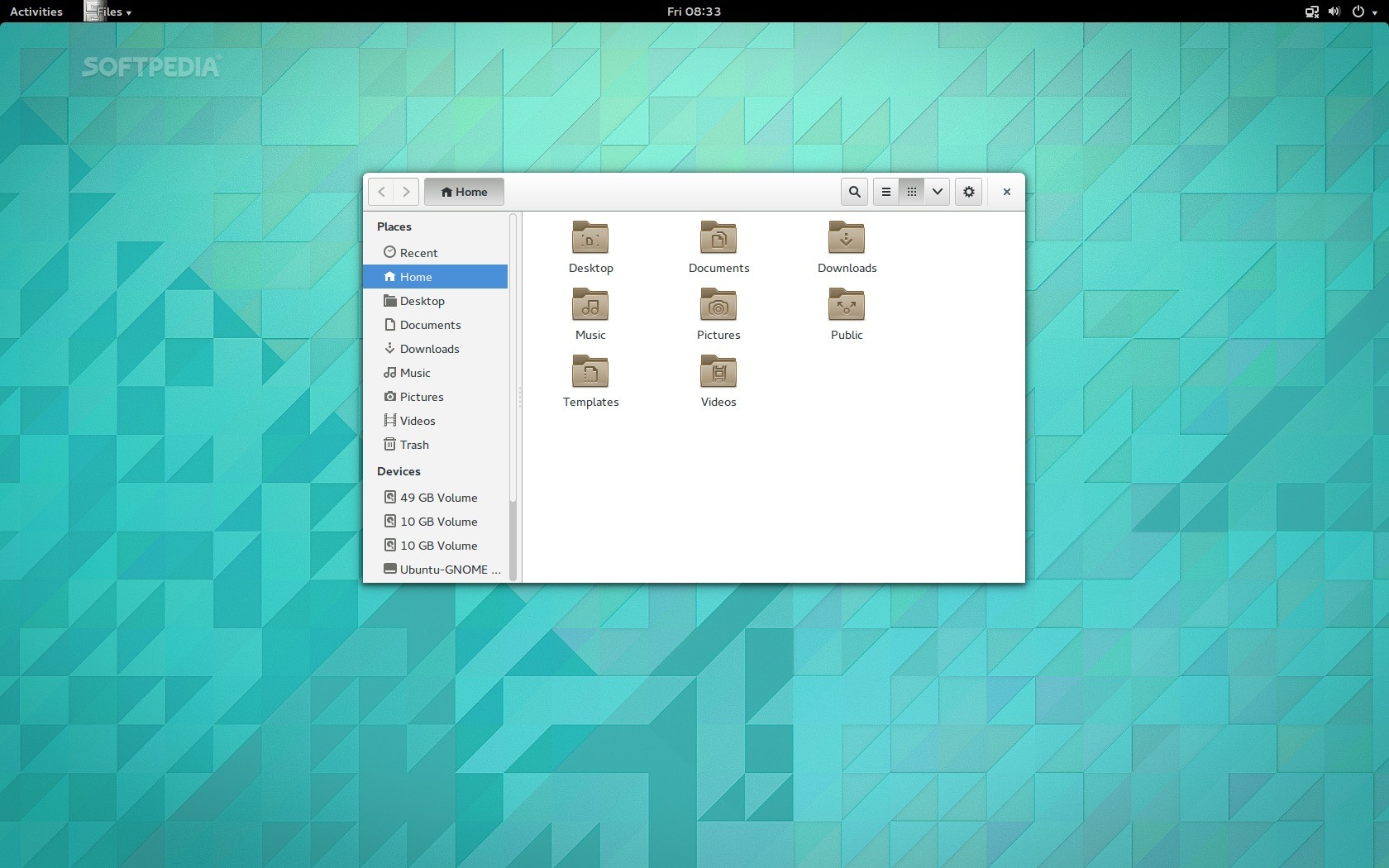


$ sudo apt-get install -install-recommends linux-generic-lts-vivid xserver-xorg-core-lts-vivid xserver-xorg-lts-vivid xserver-xorg-video-all-lts-vivid xserver-xorg-input-all-lts-vivid libwayland-egl1-mesa-lts-vivid linux-signed-generic-lts-vivid To do that open a terminal window and install the new kernel manually using: Note that when the distribution point release is upgraded, it does not upgrade the kernel version automatically. However, Ubuntu does not automatically upgrade the kernel.īefore trying the next step, take a data backup. Using the updated 3.19.0-49-generic provides better new hardware support. The command returns the the kernel version 3.16.0-60-generic, whereas the kernel for Ubuntu 14.04.3 LTS is 3.19.0-49-generic. However, open a terminal window and check the kernel installed using: This output description shows you updated to Ubuntu 14.04.3 LTS. Open a terminal window and check the release of your system using:Īt the end of the output of above command, you will see: Ubuntu 14.04 LTS gets updated to Ubuntu 14.04.3 LTS. You will find that you are automatically upgraded to the next point release i.e. When you update your Ubuntu packages using: Currently, the point update is at Ubuntu 14.04.3 LTS. Over time, Ubuntu releases point updates to it. Ubuntu 14.04 LTS is a Long Term Support version of the Ubuntu Linux Operating System.


 0 kommentar(er)
0 kommentar(er)
